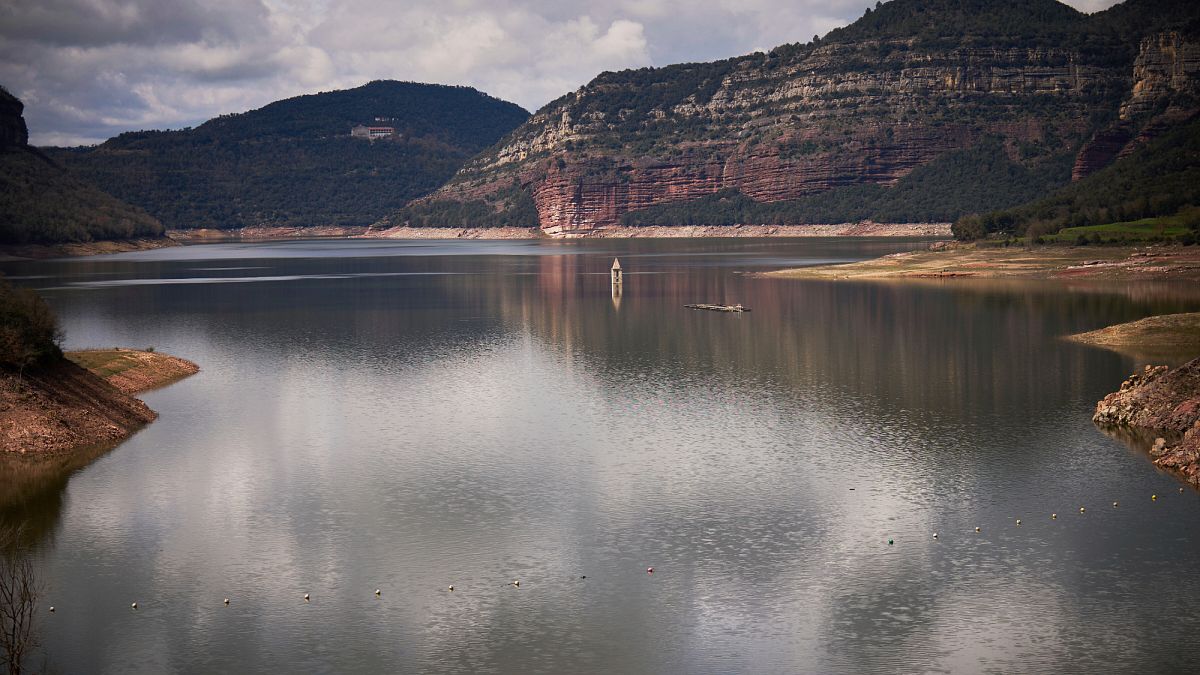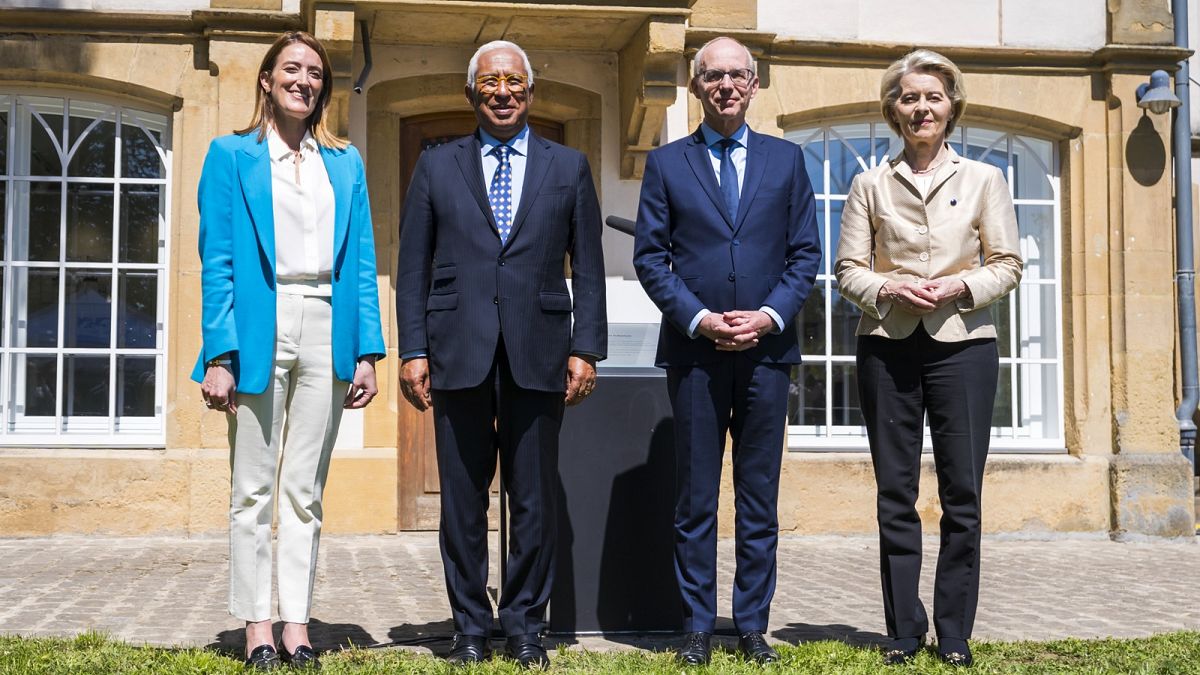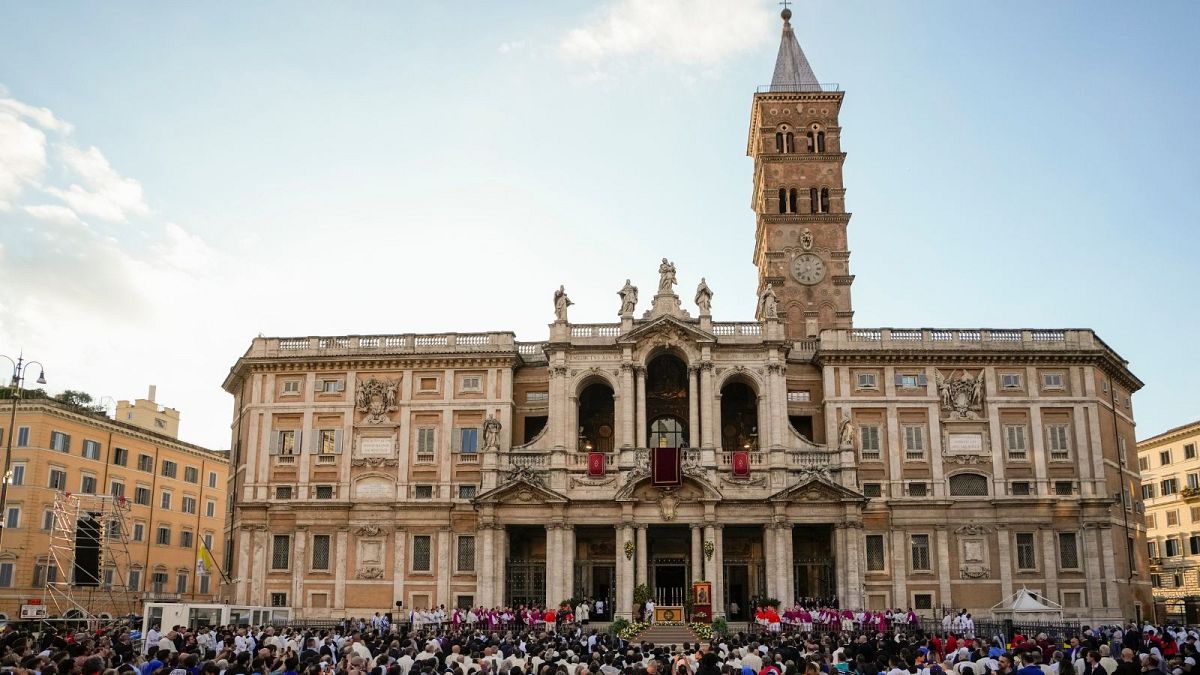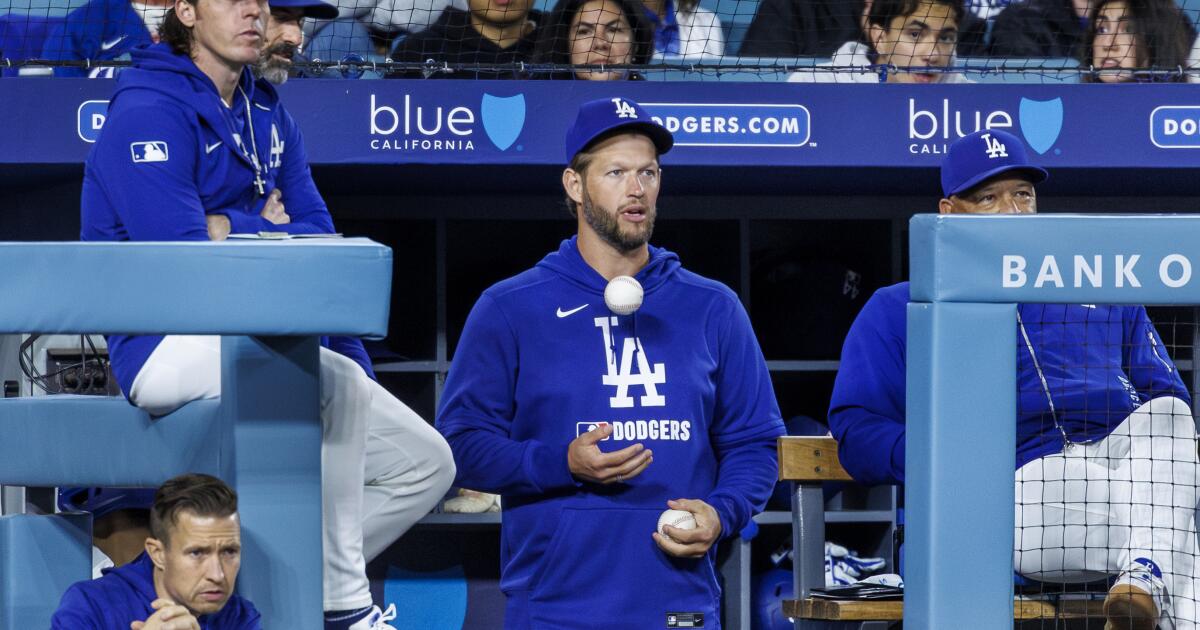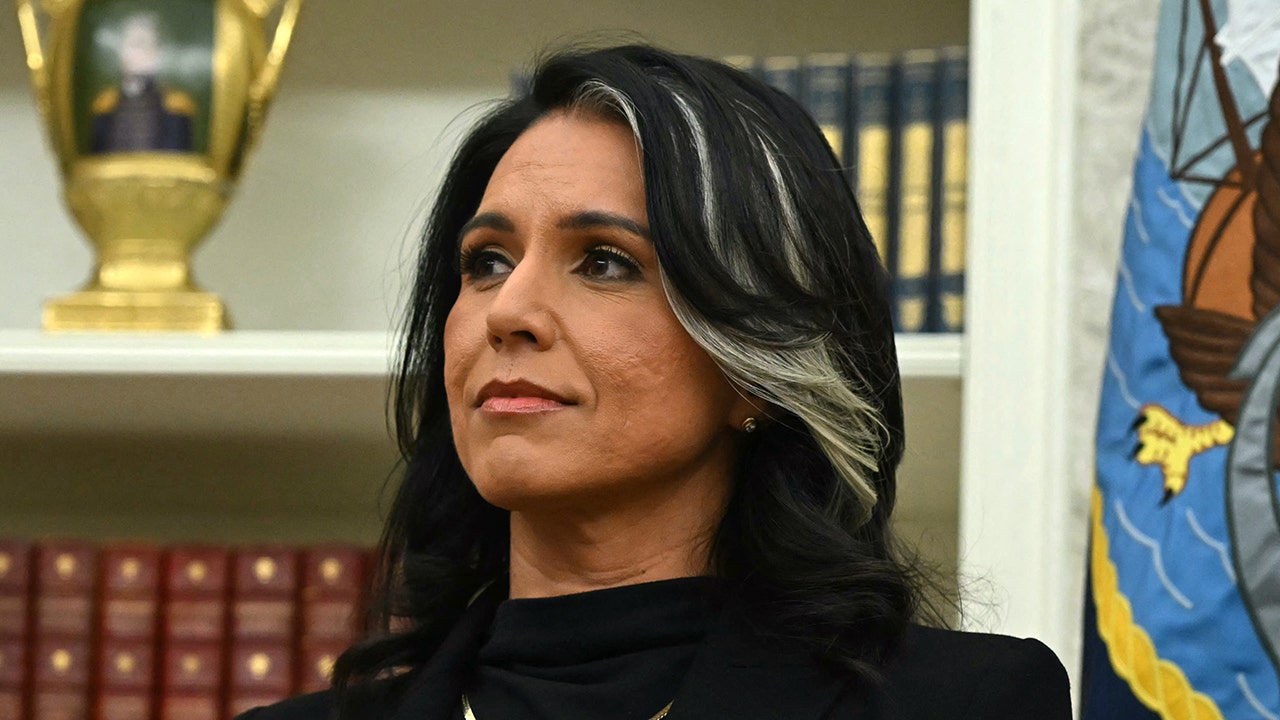World
EU Commissioner and RAI top management: A sticky August for Meloni
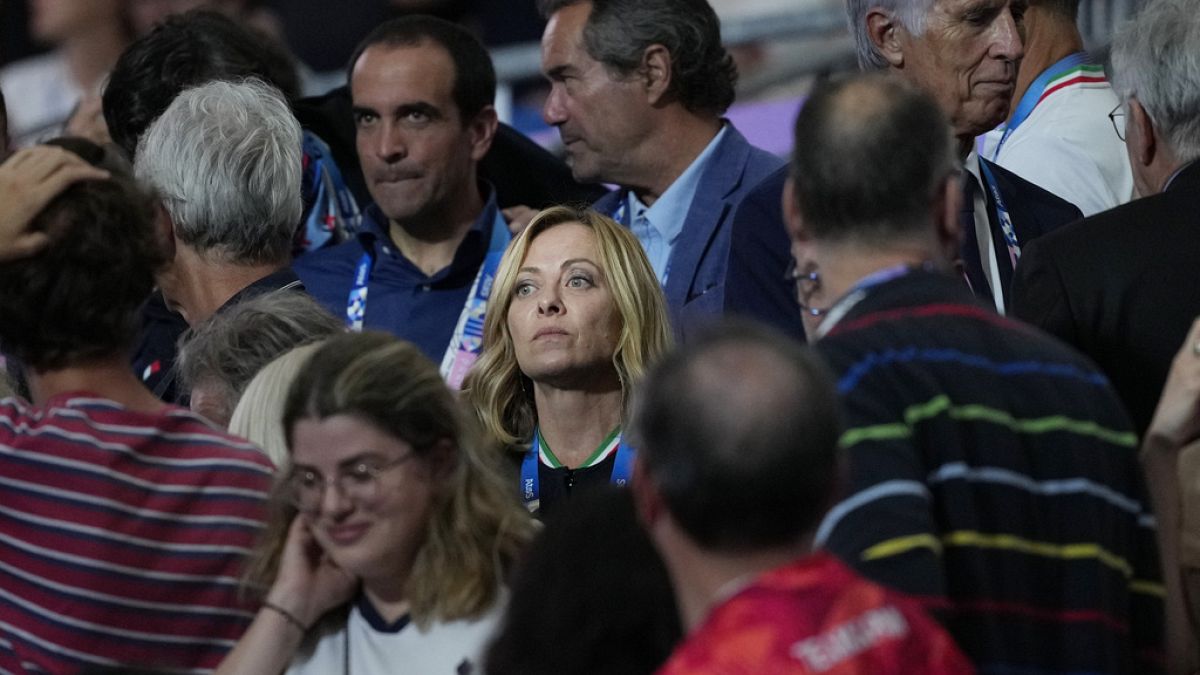
The Italian Prime Minister is wrestling with choices over who to nominate as the next EU Commissioner, and the new Board of Directors of the public media network RAI. Both choices involve wrangling within her coalition, and were complicated by the recent EU rule of law report.
It will not be an August of holidays and relaxation for Prime Minister Giorgia Meloni. By 30 August the Italian prime minister must submit nominations to the European Commission for the European executive: a crucial appointment for Meloni. For months she has been aiming for a position of weight for Italy, preferably an economic portfolio, but the match is not a foregone conclusion since her influence and that of her European Conservatives and Reformists group has been reduced in Brussels.
Before that decision, theoretically by Friday, when parliamentary work closes for the summer holidays, the premier must appoint the new top management to public broadcaster RAI. This decision has now become urgent following the announcement on 24 July of RAI president Marinella Soldi’s resignation.
The two apparently discrete decisions are more intertwined than they appear. Firstly by the publication in late July of the European Commission’s report on the rule of law, which put the management of RAI by Italian politics under the magnifying glass. And secondly by the delicate relationship of Meloni with her coalition allies in the government majority, united in Italy but aligned in three different groups in Europe.
The (bumpy) race for the economic portfolio in the EU Commission
Although Italy has not yet formally presented its candidatures in Brussels, the most cited name is that of the current Minister for European Affairs, Raffaele Fitto, former vice-president of the European Conservatives and Reformists group in the European Parliament.
For him – or whoever she chooses – Meloni would like the Cohesion portfolio, the commissioner who will manage one third of the Union’s budget, oversee the Recovery fund and manage the plan to reduce administrative burdens.
But regardless of the candidate, Meloni’s ambitions could founder over recent frictions with Brussels and, in particular, with re-elected European Commission President Ursula von der Leyen.
The Italian premier first challenged the six recommendations to Italy in a letter and then, in a press conference from Beijing, contained in the Commission’s report on the development of the rule of law in the member states.
‘Dear Ursula’: Meloni’s letter on political interference at RAI
What ired Meloni enough to address a letter personally to von der Leyen from China, where she was on an official visit from 28 to 31 July, was the section on freedom of the press and freedom of expression in Italy, in which Brussels said it was concerned about cases of intimidation of journalists by politicians, the lack of protection of professional secrecy and journalistic sources, the delay in reforming the law on defamation, as well as interference by politicians in RAI.
In her ‘dear Ursula’ letter, Meloni claimed that “the recommendations to Italy do not particularly differ from those of previous years,** however for the first time the content of this document has been distorted for political use by some in an attempt to attack the Italian government”, she wrote, in a thinly veiled reference to the opposition and the newspapers most critical of the right-wing executive.
Then she dwelt on the three points she considered most critical, all concerning RAI and the interference of the political class in the management and editorial line of the public broadcast network, denying bias on the part of her government.
“We have received Meloni’s letter and we are evaluating it,” spokeswoman Anitta Hipper said on 30 July, stressing that the report is the “result” of consultations with the member states themselves and thus individual national governments. Meloni, returning to the issue in the first press point from Beijing on the same day, was keen to specify that the letter was nothing more than a ‘common reflection’ and that relations with the European Commission are not deteriorating.
Meloni’s rise and fall in Brussels
Perhaps so, but the episode certainly does not come at a rosy moment. In less than two months, the President of the Council has seen her newly gained influence in Brussels decline, and there is no doubt that she has had to take a few blows.
In the run-up to the European elections Meloni was courted by both the extreme right and von der Leyen – who had even said she was willing to welcome Fratelli d’Italia into the EPP – and was now considered the post-vote kingmaker. She who, thanks to the success in the polls of the ultra-conservatives, could have moved the Union to the right, and demanded for the members of her group some high office.
But then the extreme right did not break through, the traditional groups in the European parliament were able to re-establish and decide on new appointments. Meloni protested, tried unsuccessfully to influence the decision-making process, and then found herself forced by circumstances to oppose von der Leyen’s re-election, taking Italy out of the European majority for the first time.
According to the premier, all this will have no repercussions on appointments to the European executive: “I am talking to von der Leyen,” Meloni assured from China. But the Financial Times has ascribed recent events as showing ‘signs of subsidence’ in the relationship between Rome and Brussels, saying the choice of commissioner will be a ‘key test’ of Meloni’s reputation in the EU.
Meloni’s problems do not end there, however. Complicating the political game in Brussels – and in Rome – is the relationship with her government allies, with Lega’s Matteo Salvini trying to corner her in order to steal votes from her on the right. It is also because of these internal tensions within the Italian majority that Meloni could not support her ‘friend Ursula’.
Now she will need the approval of her Lega and Forza Italia coalition partners to propose candidates for the Commission, a situation in which mediation is necessary and, perhaps, also concessions on other dossiers, such as those Rai appointments.
The stalemate on RAI top appointments
The RAI dossier has been on the Prime Minister’s calendar for weeks, but the game has been accelerated by Soldi’s resignation, which came at the worst possible moment. RAI has never been so much in the spotlight since the time of the second Berlusconi government, in Italy and in Europe. Because of the fuss raised by the Brussels rule of law report and the numerous accusations of interference in the editorial line of the public network – now dubbed “TeleMeloni” by opposition and critics.
Several members of the Democratic Party, the 5-Star Movement and the Green Left Alliance criticised the Prime Minister’s ‘irritating’ and ‘victimising’ remarks in her letter to von der Leyen, asking Meloni to appear before the RAI supervisory commission to give explanations. They are now questioning the possible connection of the affair with the appointments of the new board of directors, taking the opportunity to call for a reform of RAI governance.
Others considered that the letter indicated the prime minister’s desire to speed up the appointments: addressed more to domestic public opinion than to a European institutional interlocutor, an attempt to counter opposition narrative on bias within RAI and to overcome the stalemate affecting those imminent board appointments.
In fact the coalition remains far off even agreeing on the day to vote on the members of the board of directors, the first of several steps required to arrive at the new command structure of the network.
The League is pushing for a prominent position and may be satisfied
The Chamber of Deputies and the Senate must choose two board members each, two others are appointed by the Council of Ministers on the proposal of the Minister of the Economy and one by RAI employees. After the vote, the new board of directors meets to elect the CEO and indicate the president, which must then be submitted to the Parliamentary Supervisory Commission for a vote.
Meloni’s Fratelli d’Italia would like to close the issue before the summer break, but many in the coalition’s governing majority, especially the League, would like to postpone everything until September. A meeting of the parliamentary group leaders is scheduled for today to set a date for the vote, and according to Ansa, citing internal sources, a centre-right summit is also set to be held to take stock of the dossier.
The thorny issue remains the appointment of the new RAI president. According to ANSA, the Italian press agency, Meloni will try to close the circle on the names, starting with the president, who must have the endorsement of two-thirds of the Supervisory Commission with the necessary help, therefore, of part of the opposition.
According to this thesis, Fratelli would accept Simona Agnes (nominated by Forza Italia) as president and Giampaolo Rossi (its own nominee) as managing director, while the League would have a councillor.
Salvini, however, is pushing to nominate the director general and others are convinced that in the end one of the current production directors will take the leadership.
The RAI nomination game is an internal one, but one that could end up weighing on the European front if there is no agreement between the majority parties and the decision-making drags on.

World
Commissioner Hansen presents plan to cut farming bureaucracy in EU

European Commissioner for Agriculture Christophe Hansen presented his simplification plan for the agricultural sector during a meeting organised by Euronews.
The European Commission unveiled the plan, which aims to simplify the European Union’s agricultural rulebook, on Wednesday in Brussels.
The measures are designed to reduce what the Commission sees as unnecessary administrative burdens in implementing the Common Agricultural Policy (CAP), the EU’s farming subsidy framework.
Hansen believes the proposed strategy should serve all stakeholders. The plan, therefore, aims to reduce the administrative burden for farmers and member states.
“What is felt to be an administrative burden on the farm is not only the CAP (Common Agricultural Policy), but also environmental legislation, health legislation, and often national or regional legislation, so I think that everyone must contribute to reducing this bureaucracy,” Hansen explained.
This simplification plan could potentially save farmers up to €1.58 billion a year and the national authorities €210 million. The package of measures is aimed in particular at organic farming and small farms, which play an essential role in rural areas’ economic activity.
The plan proposes exemptions from environmental rules, also known as conditionalities. Hansen points out that this package aims not to reform the sector, but to adjust certain rules.
For example, Hansen said, “If grassland remains in place for more than five years, it becomes permanent grassland. This is a devaluation of this farmland because it can no longer be used as arable land. After four years or so, farmers plough to preserve this status.”
“For me, it’s more valuable if the grass stays for seven years rather than five. So this is environmental progress. It’s the applicability (of the rules) that changes,” he added.
Flexibility and financial support
The European Commission also wants to help small farmers obtain financial aid and make their farms more competitive. The institution is considering an offer of up to €50,000.
Hansensuggested digitalising the sector, mentioning, for example, a digital portfolio to facilitate checks.
“I, as a farm, have my digital wallet and if the water authority needs to know something about my land, they can turn to that wallet,” Hansen explained.
Hansen further reiterated his desire to make the profession attractive again and to help professionals.
“It’s very important that we reduce the stress on our farmers, because at the moment it all depends on the Member State. They have to deal with five, six, seven controls a year, which causes enormous stress for our farmers,” Hansen insisted.
“That’s why we also want to reduce these controls, and the member states are also obliged to act. We want to reduce the number of checks to just one a year,” he added.
Environmental NGOs believe that the plan threatens the agricultural sector’s green objectives. Hansen, however, rejects this criticism and emphasises that he is responding to the concerns of farmers, who have repeatedly protested against overly restrictive European regulations.
Yet, this simplification plan is only the first step. The European Commission intends to present new measures later this year.
World
Gazans Once Escaped To Rafah. Now Israel Is Razing It.

Last year, a million Palestinians fled to Rafah, the southernmost city in the Gaza Strip, to escape the brunt of Israel’s bombardment in its war against Hamas. When Israeli forces later invaded Rafah itself, they flattened areas along the border with Egypt, but many neighborhoods were largely spared the worst of the war.
That is no longer the case.
The Israeli military has destroyed extensive parts of Rafah since it ended a cease-fire in March after talks with Hamas collapsed. In early May, after much of the destruction was already complete, Israel announced it would soon launch an “intensive” escalation of its campaign in Gaza. Over the previous two nights, strikes have killed dozens of Palestinians in Gaza, Palestinian officials said. On Tuesday, the Israeli military targeted Muhammad Sinwar, a top Hamas leader in Gaza, near a hospital in Khan Younis.
Satellite images analyzed by The New York Times show that the Israeli military has flattened large areas in and around the city of Rafah and built new military infrastructure in the last two months.
Israeli leaders say capturing more territory inside Gaza will pressure Hamas to surrender and release the remaining hostages that the group has held since it led a deadly attack on Israel on Oct. 7, 2023. Israel’s defense minister vowed that Israeli forces would “clear out” the areas and “prevent any threat,” including in Rafah.
Israeli security officials have previously said that tunnels between Egypt and Gaza have allowed Hamas to stock up on weaponry and other supplies.
In response to a question from The Times about the Israeli military’s operations in Rafah, the military said that it was part of an effort to secure operational control and conduct counterterrorism operations.
“We will replicate the model implemented in Rafah in other areas of the Strip as well,” said Effie Defrin, the Israeli military spokesperson, in a press briefing last week.
Demolishing Block by Block
Here is what the operation looks like on the ground: Four excavators could be seen in a video verified by The Times tearing down a row of buildings in Rafah’s Shaboura neighborhood in April. The video, first shared on an Israeli Telegram channel, was taken from an armored vehicle.
Satellite imagery shows that hundreds of buildings were destroyed in this neighborhood during the month of April, including on the block where the video was filmed.
Earlier this month, the Israeli security cabinet approved a new plan to call up tens of thousands of additional soldiers, to seize and hold territory in the embattled enclave, and to forcibly displace Palestinians to the south. But the satellite imagery shows the areas of the south where buildings are still standing are getting smaller and smaller.
Another video shows four buildings destroyed in a controlled demolition. The video, uploaded on an Israeli soldier’s Instagram account and shared by the Palestinian journalist Younis Tirawi on his X account, was filmed in northern Rafah, where much of the destruction has taken place. Satellite image shows that the demolition took place sometime in April.
New Construction
Israeli forces are not just clearing land. They are building on it.
One new road already stretches more than three miles from the Israeli border across Rafah into agricultural areas. It is protected by berms, trenches and several military outposts.
And other construction is moving at a rapid clip, the satellite images show.
Several new military outposts, often graded, paved and surrounded by defensive walls, have been built across southern Gaza in the past month. Soldiers have also commandeered buildings to use as bases, such as an under-construction hospital.
Israel calls the road it has constructed from the Israeli border the “Morag Corridor,” which Mr. Netanyahu said last month was intended to cut Rafah off from the rest of the enclave. The name is a reference to a Jewish settlement that existed in the area until Israel withdrew its soldiers and civilians from Gaza two decades ago.
What the construction might mean for the long term is uncertain. Some Israeli officials have agitated for Israel to rebuild Jewish settlements in the enclave, but Mr. Netanyahu has rebuffed the prospect for now.
Mr. Netanyahu said last week, after much of the construction and razing in Rafah was already in progress, that Israel was “on the eve of a forceful entry to Gaza.”
World
Rubio doubts 'anything productive' will happen in Ukraine peace talks without Trump, Putin
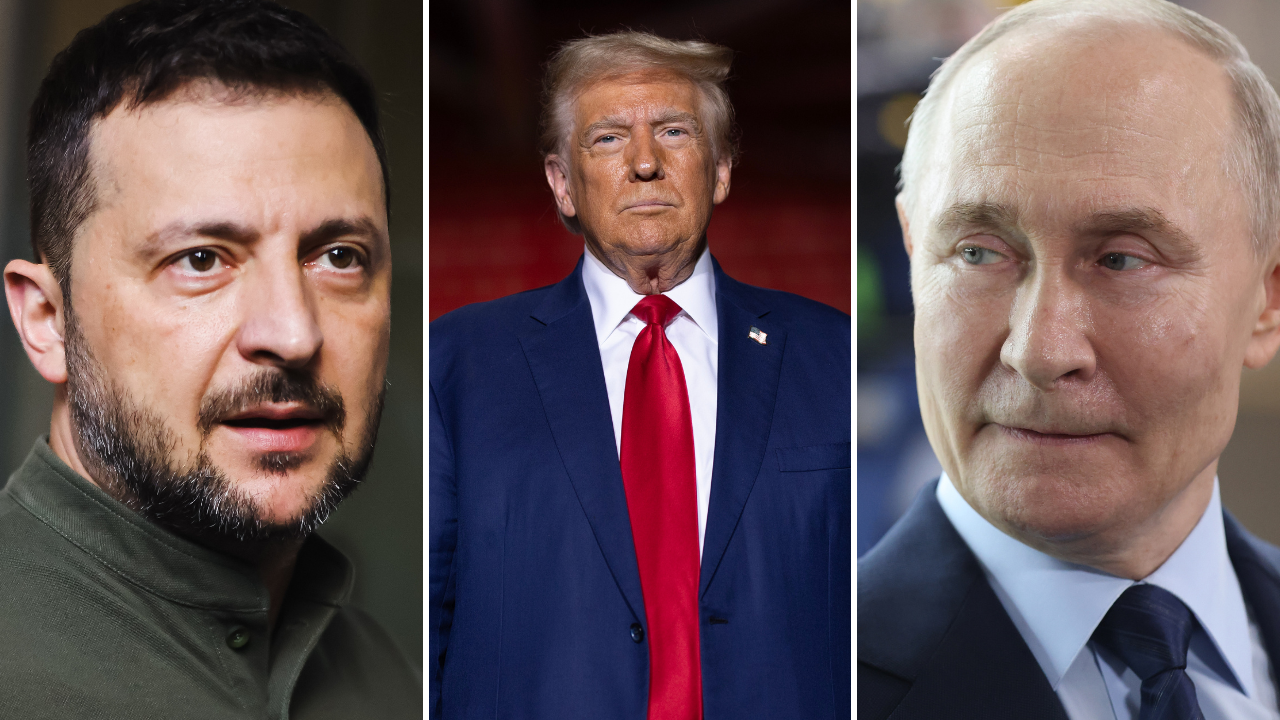
Secretary of State Macro Rubio cast a pessimistic tone ahead of talks in Turkey now set for Friday after both Russian President Vladimir Putin and President Donald Trump said they would not be in attendance.
The peace talks, which were supposed to happen on Thursday, got thrown into disarray after both Russian and Ukrainian delegations, including Ukrainian President Volodymyr Zelenskyy, landed in various cities in Turkey as confirmation arrived that not only would Putin not be engaging in the discussions, but neither would senior members from the Kremlin.
According to reports, frustration grew as the delegations and mediators spent much of the day questioning when, and even whether, they would meet on Thursday before the meeting was ultimately pushed to Friday.
President Donald Trump speaks to reporters aboard Air Force One en route from Riyadh, Saudi Arabia, to Doha, Qatar, Wednesday, May 14, 2025. (AP Photo/Alex Brandon)
TRUMP TO SKIP RUSSIA-UKRAINE PEACE TALKS, CALLS ZELENSKYY THE ‘GREATEST SALESMAN, MAYBE IN HISTORY’
“Frankly, at this point, I think it’s abundantly clear that the only way we’re going to have a breakthrough here is between President Trump and President Putin,” Rubio told reporters. “It’s going to require that level of engagement to have a breakthrough in this matter.
“I don’t think anything productive is actually going to happen from this point forward… until they engage in a very frank and direct conversation, which I know President Trump is willing to do,” he added.
The peace talks first came about after Putin suggested last week that Ukraine and Russia should engage in direct talks. Zelenskyy agreed and said those talks should be held by the leaders of the warring nations.
Trump sparked surprise earlier this week when he suggested he might travel to Turkey from the UAE if progress was made in the talks on Thursday, but it was never previously suggested that the U.S. president, who was set to be wrapping up a Middle East tour, would be present for the negotiations.
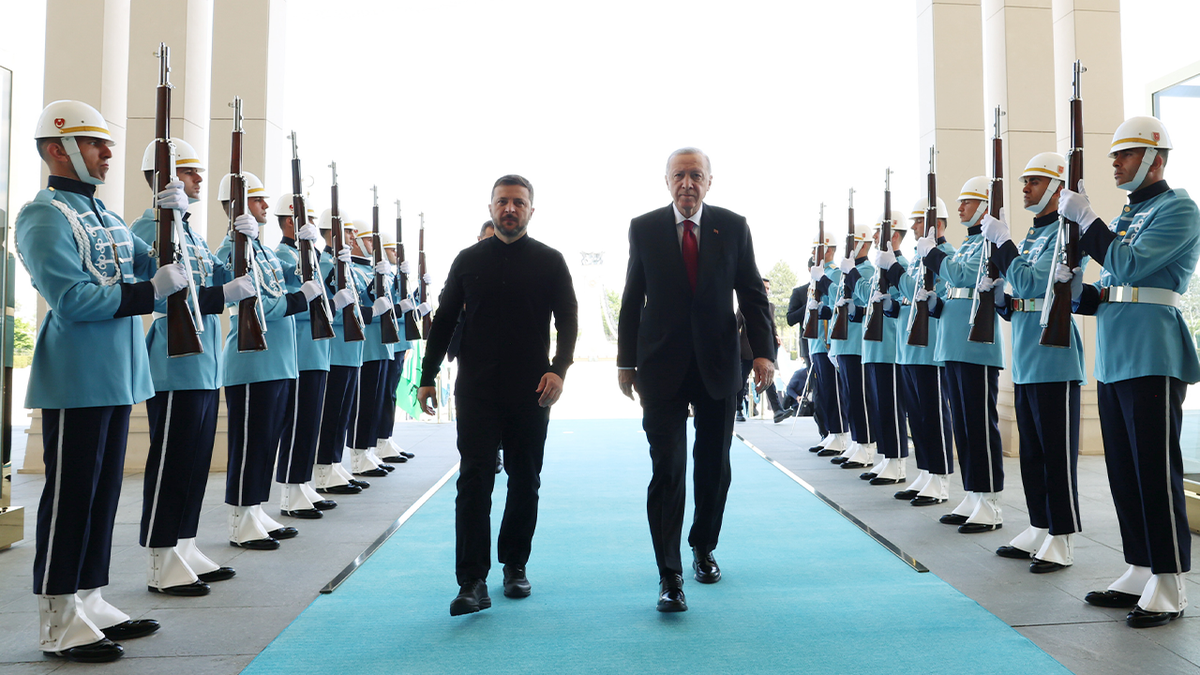
Turkish President Recep Tayyip Erdogan welcomes Ukrainian President Volodymyr Zelenskyy at the Presidential Complex in Ankara, Turkey, on May 15, 2025. (Turkish Presidency/Murat Kula/Handout/Anadolu via Getty Images)
PUTIN PROPOSES DIRECT PEACE TALKS WITH UKRAINE TO END WAR
The Kremlin on Thursday confirmed Putin was not going to participate in the peace talks.
Aboard Air Force One on Thursday, Trump suggested Putin did not attend because of a scheduling miscommunication and told reporters that there was no hope on any real progress in negotiations until he and Putin speak.
“Look, nothing’s going to happen until Putin and I get together. OK?” Trump said. “He was going to go, but he thought I was going to go. He wasn’t going if I wasn’t there.
“I don’t believe anything’s going to happen, whether you like it or not, until he and I get together,” he added.
Any future plans for Trump and Putin to talk remain unknown.
“What I can say with certainty is that the president’s… willing to stick with [this] as long as it takes to achieve peace,” Rubio said. “What we cannot do, however, is continue to fly all over the world and engage in meetings that are not going to be productive.
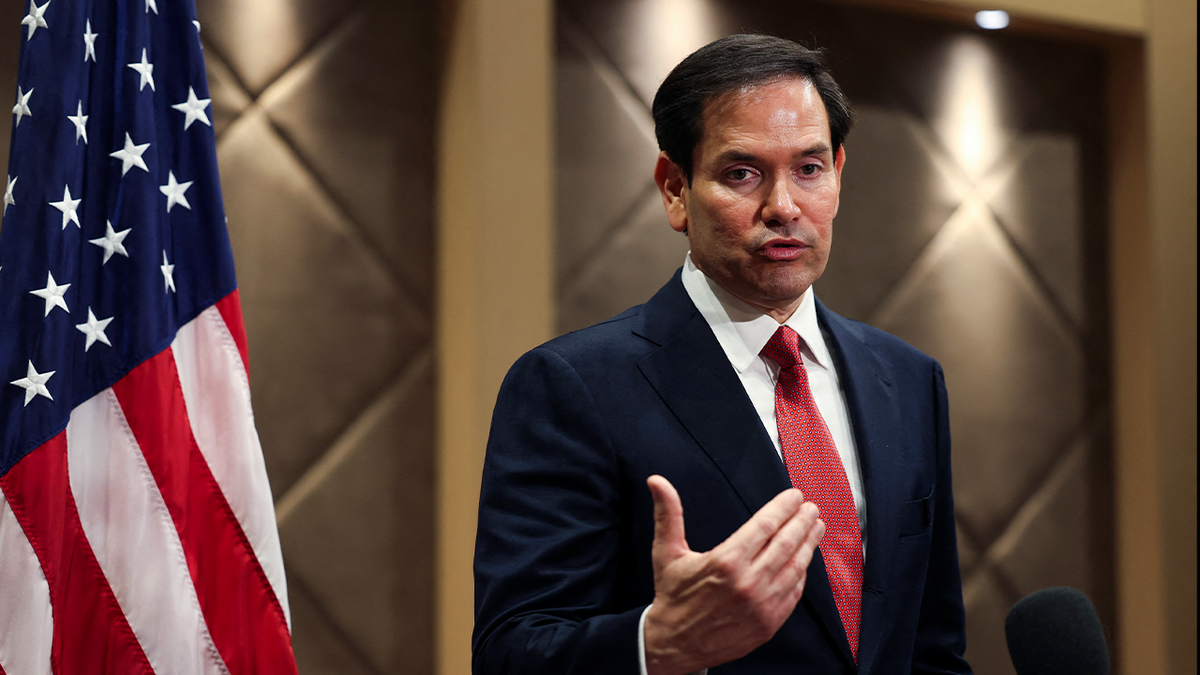
Secretary of State Marco Rubio speaks to the media following a meeting of NATO foreign ministers in Antalya, on May 15, 2025, ahead of potential peace talks between Ukraine and Russia in Turkey. (Umit Bektas/Pool/AFP via Getty Images)
“The only way we’re going to have a breakthrough here is with President Trump sitting face to face with President Putin and determining once and for all whether there’s a path to peace,” he added.
Zelenskyy did not hold back in expressing his frustration over what he said is proof that Putin’s “attitude is unserious.”
“No time of the meeting, no agenda, no high-level of delegation – this is personal disrespect to Erdoğan, to Trump,” Zelenskyy reportedly said at a Thursday news conference after meeting with Turkish President Recep Tayyip Erdoğan.
-

 Austin, TX6 days ago
Austin, TX6 days agoBest Austin Salads – 15 Food Places For Good Greens!
-

 Technology1 week ago
Technology1 week agoBe careful what you read about an Elden Ring movie
-

 Technology1 week ago
Technology1 week agoNetflix is removing Black Mirror: Bandersnatch
-

 World1 week ago
World1 week agoThe Take: Can India and Pakistan avoid a fourth war over Kashmir?
-

 Health1 week ago
Health1 week agoN.I.H. Bans New Funding From U.S. Scientists to Partners Abroad
-

 News1 week ago
News1 week agoReincarnated by A.I., Arizona Man Forgives His Killer at Sentencing
-

 News1 week ago
News1 week agoJefferson Griffin Concedes Defeat in N.C. Supreme Court Race
-

 News1 week ago
News1 week agoWho is the new Pope Leo XIV and what are his views?
